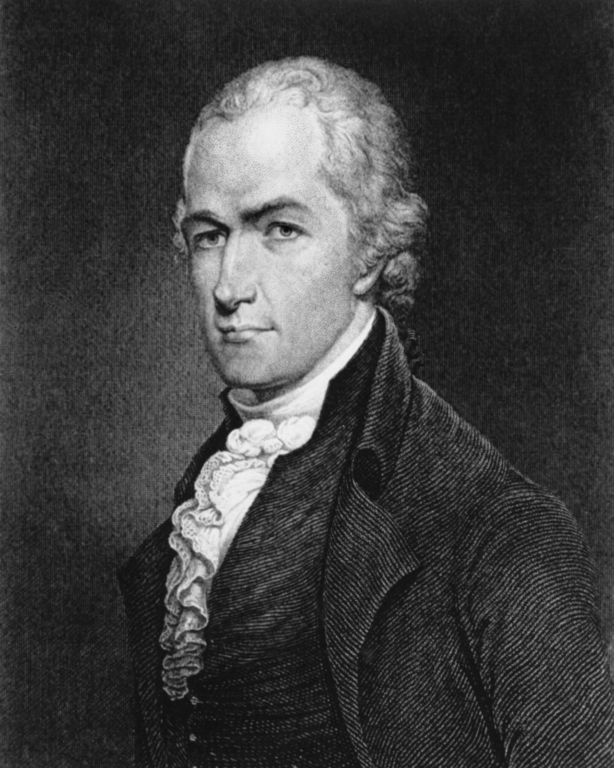‘Energy in the Executive’ entails the authority to impose consequences for poor performance.
Democrats are howling about Mr. Trump’s removal of civil-service protections for senior career employees, buyouts for federal workers and firing of officials at independent agencies. But he’s simply restoring energy in the executive, which has been weakened by federal employee unions and civil-service protections.

It’s increasingly rare that anyone working in federal government is held accountable. “If you’re ever working with me and I hear you treat another colleague with disrespect, talk down to someone, I promise you I will fire you on the spot,” Mr. Biden promised on taking office. Yet Mr. Biden was loath to fire his appointees no matter their blunders. He even let Martin Gruenberg remain as chairman of the Federal Deposit Insurance Corp. despite an independent auditlast year that documented his personal outbursts and profanity against colleagues.
The audit also reported that nearly 1 in 10 FDIC employees complained of sexual harassment, discrimination or other personal misconduct in the workplace. One woman said she had received a picture of a senior examiner’s private parts. Another claimed to have received text messages from a senior colleague with “partially naked women engaging in sexual acts.”

None of 92 harassment complaints that the agency received from 2015 to 2023 resulted in an employee’s removal or reduction in grade or pay. Only two led to suspensions. Many of the accused, the report said, were “promoted to other executive positions or moved around to different regions or divisions, instead of being subject to any discipline.”
The reason is that union collective-bargaining agreements and civil service protections make it difficult to punish employees. They also make it hard for a president to execute his agenda, since career employees who resist directives from political appointees can’t be easily removed. Even Biden regulators chafed at restrictions on their power to manage their workforces.
Chairman Gary Gensler repeatedly clashed with the union representing workers at the Securities and Exchange Commission. The union filed complaints with federal labor arbitrators for discontinuing a pandemic program that let employees care for children during business hours and for his “irrational antipathy towards telework.”
“The union is being forced to litigate issues like this more frequently under Chair Gensler than under any previous SEC chairman,” the union’s president said. Mr. Gensler lost most of his fights with the union. A federal labor panel ruled in 2022 that he couldn’t require staff—most of whom earn more than $200,000—to work in the office more than two days during every two-week period.
The Federal Aviation Administration also ran into union headwinds when it tried last year to reassign air traffic controllers at its Long Island terminal to Philadelphia to reduce flight disruptions in the region. The FAA offered $100,000 bonuses and to cover relocation expenses for controllers who voluntarily moved. When not enough took up the offer, the FAA reassigned them anyway.
And there’s nothing radical about the Trump administration’s offering buyouts to federal workers and placing employees such as those at the U.S. Agency for International Development on paid administrative leave to get around civil-service and union job protections. The Consumer Financial Protection Bureau did the same during the Biden years.
As the news site Government Executive noted in June 2021, the CFPB “in recent months has offered separation incentives including early retirement and launched investigations into career senior executives to sideline them, targeting about a half-dozen of the highest-ranked non-political staffers at the bureau.” The bureau’s purpose was to “ensure it can install its own hires into top career positions.”
The dispatch noted that one CFPB career official was put “indefinitely on paid administrative leave” after the bureau launched what unnamed employees called a frivolous probe of “the executive’s hiring actions.” High-ranking career executives accounted for most of those who were pushed out and replaced by political hands.
Lina Khan drove 71 senior attorneys to leave the Federal Trade Commission between 2021 and 2022, the most in more than two decades. Mr. Trump’s buyouts and removal of civil-service protections for high-ranking career officials will merely make it easier for his administration to do what its predecessor were already doing.
All of which is to say that the partisan outrage over Mr. Trump’s actions is overwrought. All he’s doing is ensuring government accountability so he can better execute the agenda on which he was elected. Alexander Hamilton would approve.



COMMENTS